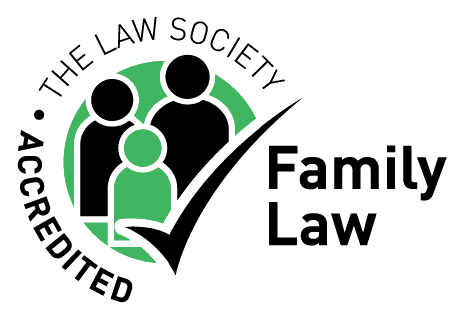Dear Forum members
I have a client whose 14 year old daughter was specifically nominated (by her late father) to receive the death in service benefits from her late father’s employer. The client and the deceased were divorced for a few years before he died. They had shared care of their daughter. The deceased died in August 2022. He died intestate.
The deceased had two other children, both of whom are adults.
After the death, the deceased’s sister took charge and administered the estate. A month after the death, (September 2022), the sister received around £211,000 from the deceased’s employer (the death in service benefits ) on behalf of my client’s daughter.
The sister, has controlled these funds and not disclosed where it has been invested.
My questions are the following:
- Is my client , as the mother, entitled to be kept informed about monies held for her daughter?
- Is my client, as the mother, rather than the sister of the deceased, the right person to hold the monies on behalf her daughter?
- Is the sister obliged to account to the mother for the daughter’s funds?
- Can my client insist that the sister hands over the funds to her and can she insist on interest to be paid on top? If yes, at what rate of interest?
- Are the two other adult children able to make a claim for a share of the death in service benefits?
- Does mother have any recourse against the employer for releasing her daughter’s money to the wrong person.
I appreciate your thoughts and answers.

